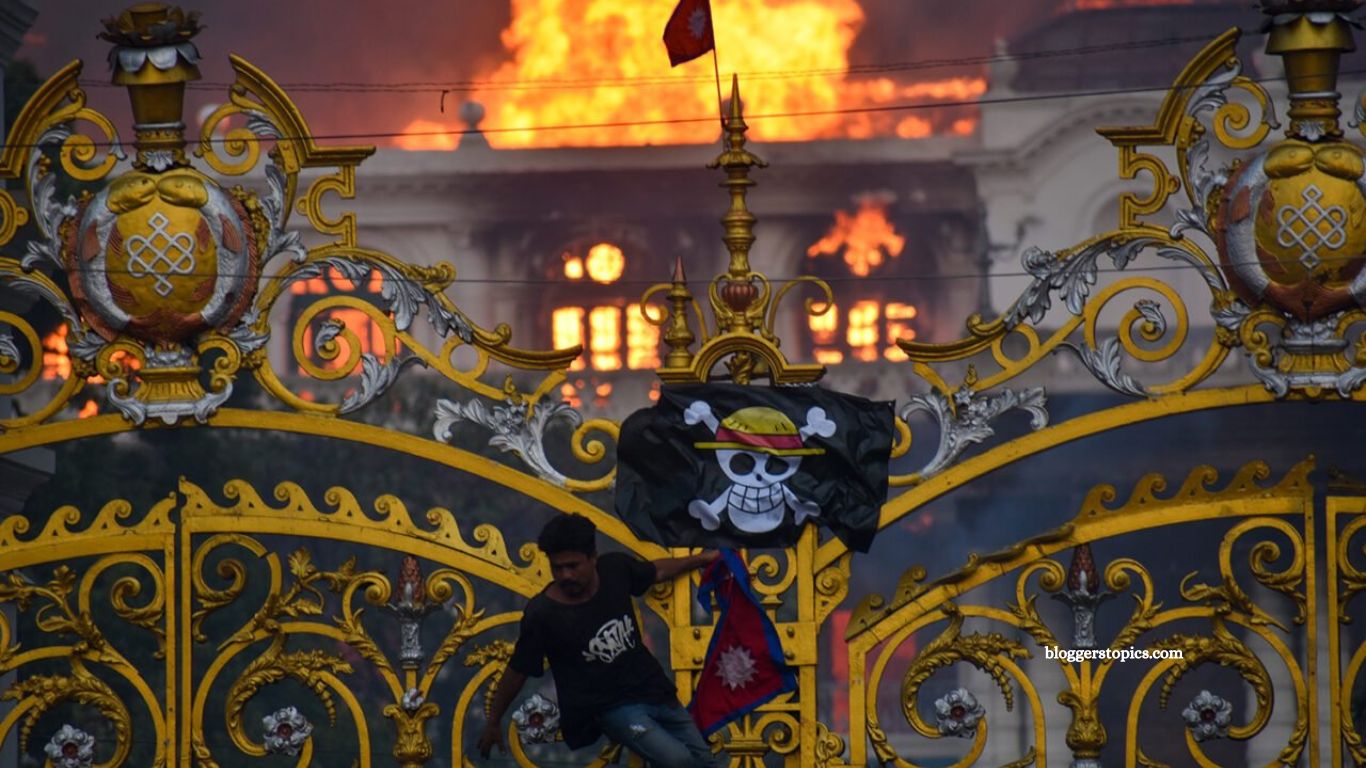OpenAI is facing mounting legal pressure after a federal judge ordered the company to indefinitely preserve all ChatGPT chat logs as part of an ongoing copyright lawsuit. The ruling has sparked concern among users and privacy advocates, with some claiming the requirement creates what amounts to a “nationwide mass surveillance program.” Despite objections from OpenAI and individual users, Judge Ona Wang has refused to reverse the order, emphasizing that the data retention is strictly for litigation purposes.
While OpenAI intends to continue challenging the decision, the case raises broader questions about data privacy, user trust, and the legal responsibilities of AI companies. The ruling also serves as a wake-up call for users: conversations with AI may not be as private as once assumed.
Read More: Elon Musk’s Trillion-Dollar Robotaxi Gamble Begins in Austin
Background: Legal Battle Over ChatGPT Data Retention
OpenAI is currently entangled in a copyright lawsuit that has led to a court order requiring the company to indefinitely retain all chat logs generated by ChatGPT. This directive, issued by Judge Ona Wang, has drawn criticism from both OpenAI and several users, who argue that the requirement amounts to what they call a “nationwide mass surveillance program.”
Despite these objections, the court remains unmoved. Judge Wang has dismissed multiple efforts to overturn the preservation order, emphasizing that the directive is specific to the litigation at hand—not a broad surveillance initiative.
User Objections and Legal Pushback
Two ChatGPT users formally challenged the order. One, a business owner who uses ChatGPT in daily operations, argued that retaining chat data could compromise proprietary information, including trade secrets, source code, and confidential business processes. However, Judge Wang dismissed the filing, noting that it was not submitted through legal counsel—a procedural misstep that undermined its validity.
A second objection came from a user who claimed to share “highly sensitive personal and commercial information” through the platform. They argued that the indefinite storage of chat logs would endanger the privacy of all ChatGPT users and amount to mass surveillance. Judge Wang rejected this argument, stating:
“Proposed Intervenor does not explain how a court’s document retention order that directs the preservation, segregation, and retention of certain privately held data by a private company for the limited purposes of litigation is, or could be, a ‘nationwide mass surveillance program.’”
Court Clarifies Intent Behind Retention Order
Judge Wang’s ruling underscores that the retention order applies strictly to the ongoing litigation and does not imply that the data will be accessed publicly or used outside of this legal context. While OpenAI continues to contest the decision, the court maintains that the order is a necessary and narrowly tailored step in the discovery process.
A Cautionary Note to Chatbot Users
Though the court’s directive is limited in scope, the ruling serves as a reminder: data shared with AI platforms like ChatGPT may not be entirely private. The legal controversy highlights an emerging reality—technological tools that feel private can, under legal scrutiny, become discoverable. As one user framed it, the risk may lie more in the nature of the technology itself than in any specific judicial order.
Frequently Asked Questions
Why was OpenAI ordered to retain all ChatGPT chat logs?
The court issued the order as part of an ongoing copyright lawsuit. The logs are being preserved as potential evidence in the case.
Who objected to the data retention order?
OpenAI and several ChatGPT users filed objections, claiming the order threatened user privacy and could expose sensitive personal or business information.
What was the court’s response to these objections?
Judge Ona Wang rejected the objections, stating that the order does not amount to “mass surveillance” and is strictly for litigation purposes.
Does this mean ChatGPT conversations are being monitored?
No. The data is being preserved—not actively monitored or made public. It remains within the scope of the legal case.
Will my ChatGPT data be made public?
Not under this order. The court emphasized that the data is retained for internal legal proceedings and is not intended for public release.
Can OpenAI still fight the order?
Yes. OpenAI has expressed its intent to continue challenging the ruling in court.
Is this a permanent surveillance measure?
No. The retention is temporary and tied only to the duration and scope of the current lawsuit.
Conclusion
The court’s decision to uphold the order requiring OpenAI to retain all ChatGPT chat logs marks a significant moment in the intersection of AI, privacy, and the law. While some users view the move as an overreach and a threat to personal data, Judge Ona Wang made it clear that the directive is limited to legal proceedings and does not constitute mass surveillance.
Still, the ruling serves as a crucial reminder: conversations with AI platforms are not immune to legal scrutiny. As AI tools become more embedded in our personal and professional lives, users should remain aware that their data could be subject to retention or discovery in legal contexts—whether or not they’re aware of it.







